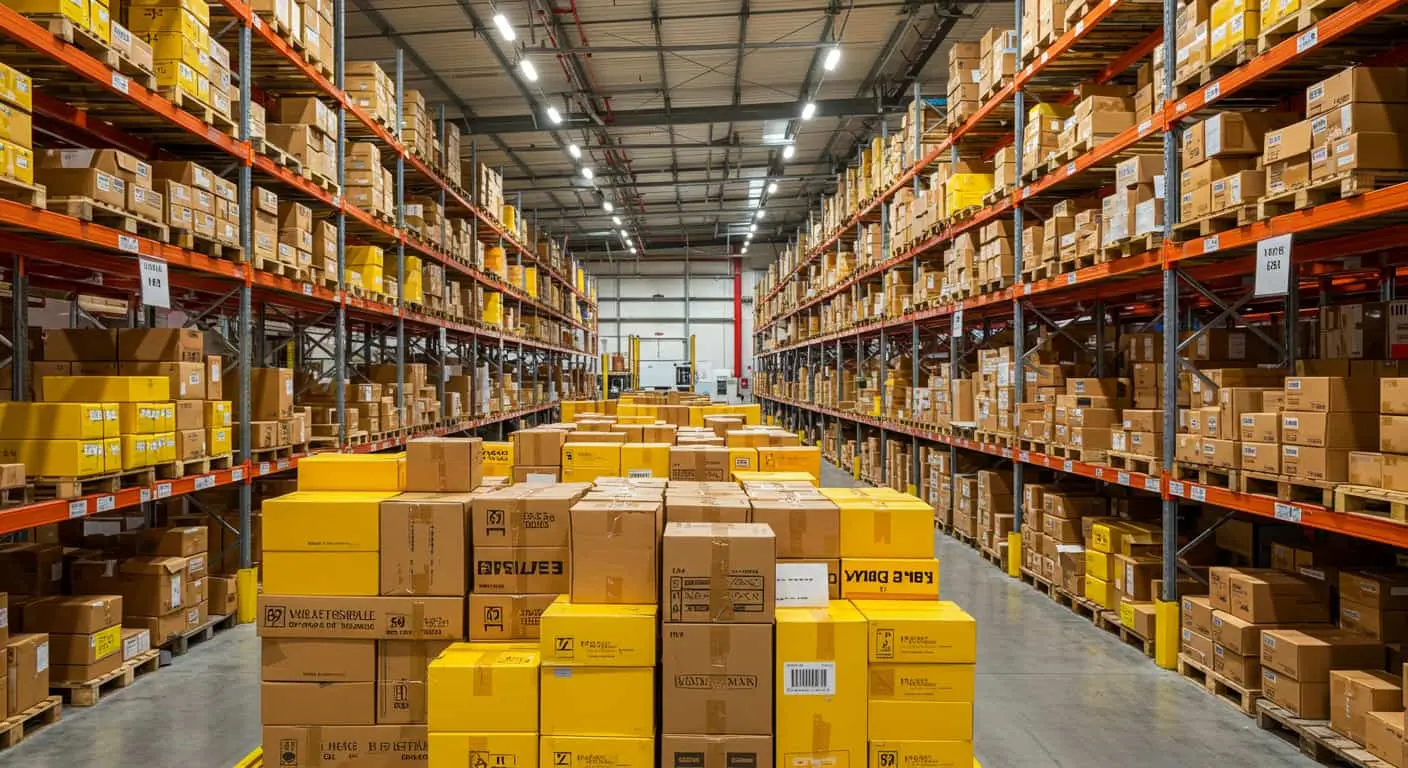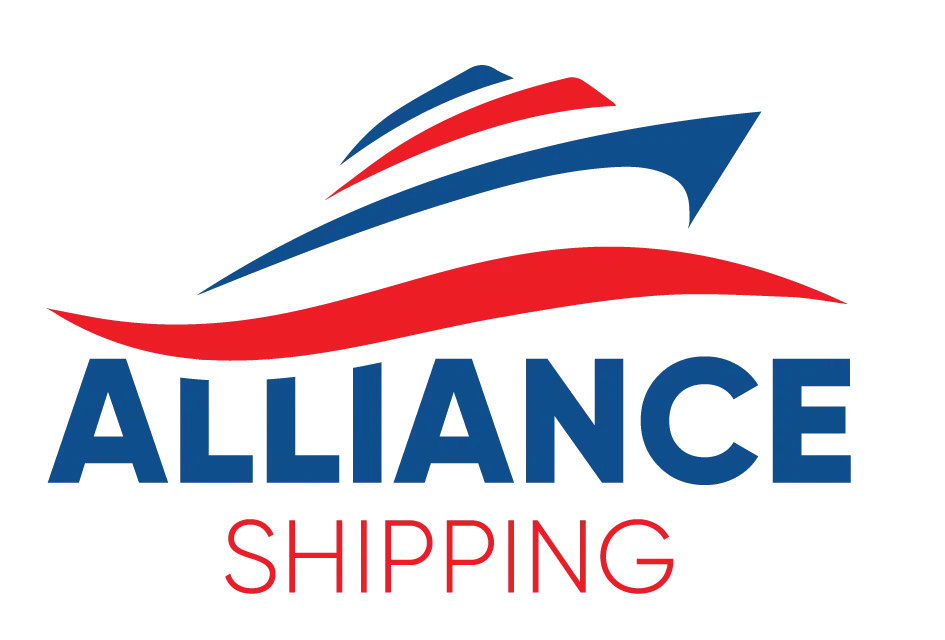Shipping Cargo from Iran to Africa
Professional shipping solutions with competitive rates and reliable service. Your trusted
partner for Iran-Africa cargo.

Overview
Shipping Cargo from Iran to Africa
Shipping cargo from Iran to Africa is a growing industry, with increasing demand for various goods. Iran exports a wide range of products, contributing to the trade relations between the two countries. Major product categories include machinery, agricultural items, and chemicals. As the trade continues to flourish, more businesses are seeking reliable export cargo services to ensure their goods reach the Africa safely and efficiently. The steady growth in trade indicates a positive trend, making freight services essential to support this economic exchange between Iran and Africa.

Shipping Methods
How Cargo from Iran to Africa Moves
Air freight is the fastest way to transport cargo from Iran to the Africa. It is suitable for urgent shipments or high-value goods. Although air freight is typically more expensive compared to other methods, it ensures timely delivery and is perfect for clients prioritizing speed over cost.
Sea freight is a cost-effective method for sending large volumes of cargo from Iran to the Africa. While it is slower compared to air transport, it is ideal for bulk shipments and non-perishable items. This mode is perfect for businesses looking to minimize shipping costs while not facing time constraints.
Shipping Cargo from Iran
Shipping Cargo from Iran to Africa involves moving goods across continents through major sea routes. Iran, with its strategic location, serves as a key gateway for trade between Asia and Africa. The process involves loading cargo onto ships at Iranian ports, which then traverse through important chokepoints like the Suez Canal to reach various African destinations. This trade route is vital for the exchange of goods such as oil, machinery, and textiles. Shipping Cargo from Iran to Africa not only strengthens economic ties but also fosters cultural exchanges between the two regions. The journey is facilitated by modern shipping technologies, ensuring that goods are transported efficiently and safely across the seas. The collaboration between Iranian and African ports plays a crucial role in maintaining the smooth flow of trade, benefiting both economies significantly.
Shipping cargo from Bandar Abbas to Africa
Shipping cargo from Imam Khomeini to Africa
Shipping cargo from Bushehr to Africa
Shipping cargo from Chabahar to Africa
Shipping cargo from Khorramshahr to Africa
Cargo Types
Popular Products in Cargo from Iran to Africa
Unique Iranian ceramics are popular for craft and home decor.
High-quality Iranian fabrics and clothing are in demand.
Iranian medicines and health products find a good market.
Nuts, saffron, and spices are some of the favored choices.
Industrial machinery essential for local industries is shipped.
Documentation
Paperwork for Cargo from Iran to Africa
- Commercial Invoice: A detailed statement of the transaction including goods description, value, and quantities.
- Packing List: A document detailing the contents, dimensions, and weight of each package.
- Bill of Lading: Issued by the shipping line as proof of shipment of the goods.
- Certificate of Origin: Issued by a certified authority to testify that the goods originate from Iran.
- Export Declaration: Required by Iranian customs to authorize the export of goods.
- Insurance Certificate: Verification that insurance coverage has been secured for the cargo.
- Import Permit: Required by Africa customs for the legal entry of goods.
To avoid delays during shipping, ensure all documents are correctly filled out and submitted on time. Double-check that the commercial invoice and packing list match the products shipped. Secure all necessary certificates from designated authorities well in advance. Stay updated with both countries' regulations to accommodate any recent changes.

Cost Estimation
Estimate Cost of Cargo from Iran to Africa
Shipping Cost Factors
When determining how much it will cost to ship cargo from Iran to the Africa, several factors come into play. Factors such as transportation methods, distance, and additional fees all influence freight costs. Understanding these key elements can help in planning and reducing export expenses.
-
Weight and Volume
Cargo rates often depend on the weight and volume of the goods. Heavier or bulkier items usually incur higher fees.
-
Distance
The distance from Iran to the Africa directly affects the shipping price; longer distances generally mean higher costs.
-
Shipping Method
Air cargo is typically faster but more expensive compared to sea freight. Choosing a method depends on budget and time considerations.
-
Shipping Time and Urgency
Urgent shipments that require faster delivery may result in additional costs.
-
Customs and Tariffs
Export and import taxes imposed by countries can affect overall shipping expenses.
-
Local Transport
Transportation fees incurred at both the origin and destination can contribute to the overall freight cost.

FAQ
FAQs About Shipping Cargo from Iran to Africa
The main shipping options include air freight, ocean freight, and overland transportation. The choice depends on the type of goods, budget, and delivery timeframe.
Transit times can vary widely. Air freight is the fastest, typically taking 5-10 days, while ocean freight might take several weeks due to the distance and logistical coordination required.
Necessary documents include a commercial invoice, packing list, bill of lading or airway bill, and any necessary export licenses or certificates specific to the goods being shipped.
Exporters should be aware of both Iranian export controls and any specific import regulations in the Africa, which can vary depending on the commodity. It's advisable to consult with freight forwarders or customs experts.
Research companies with experience in international shipping from Iran, check customer reviews, and consider contacting business associations or chambers of commerce for recommendations.
Costs depend on factors such as the mode of transport, weight and volume of the cargo, and other logistics services required. It's best to request quotes from different shipping companies to compare.
Ensure proper packaging, choose a reputable shipping company, verify insurance coverage, and ensure all documentation is accurate and complete to avoid customs delays.
Get Started
Getting Started with Alliance Shipping

Need help moving cargo from Iran to Africa? Shipping internationally can be complex and overwhelming, with numerous regulations and logistical hurdles. You might be unsure about the best routes, documentation requirements, or just how to ensure timely delivery of your goods.
At Alliance Shipping, we’re committed to simplifying this for you. Our team is experienced in managing international shipments efficiently and securely. We’re here to help you ship cargo with ease. Feel free to reach out to us for more information or to get started on your shipping journey!

